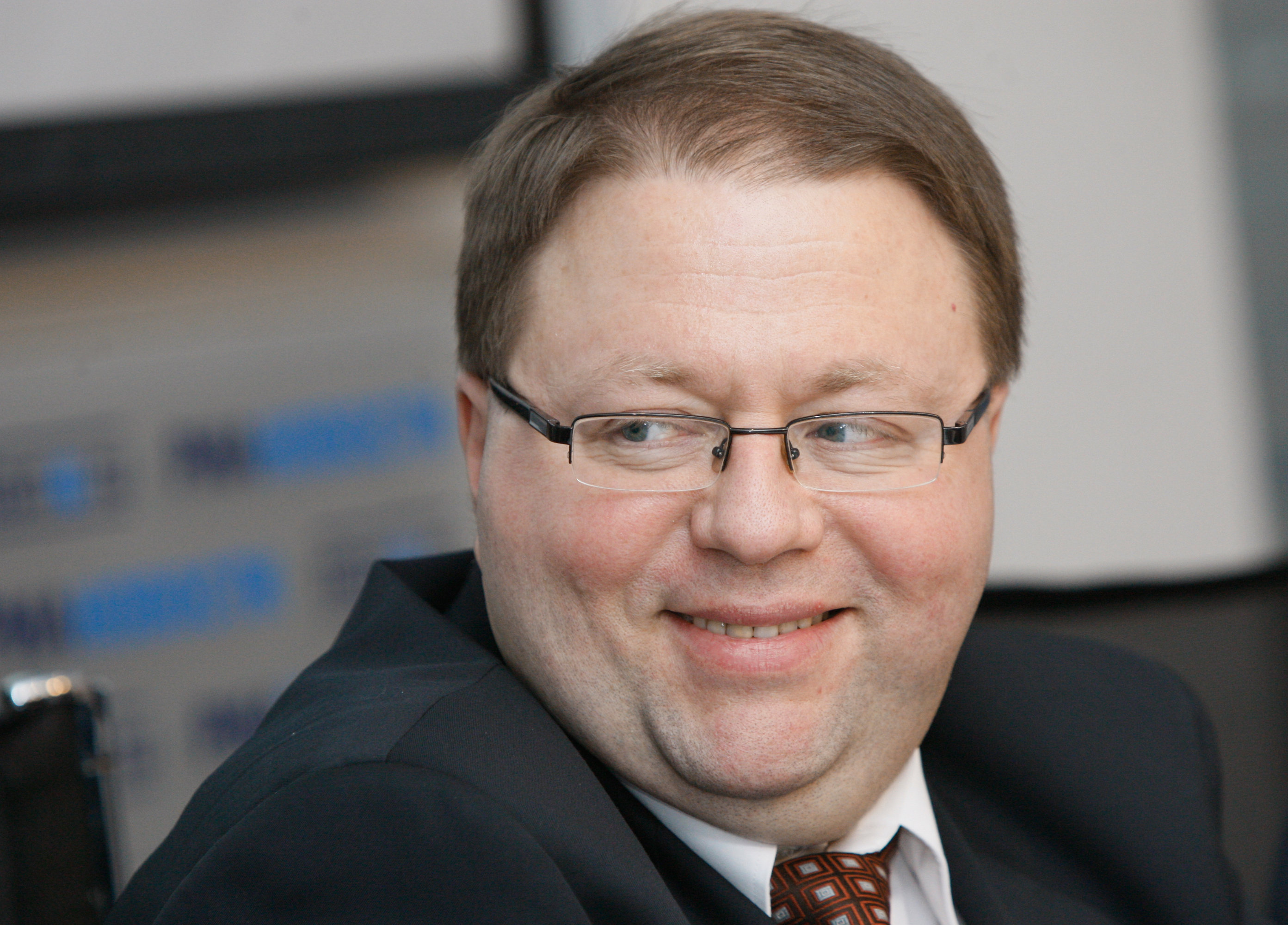By Sergei Feklyunin, RAPSI
Anton Ivanov, Supreme Commercial Court Chairman, in his speech at the St. Petersburg International Legal Forum (SPILF) brought up an issue that is rarely discussed at such events due to its sensitive nature. Ivanov spoke about unfair competition among judicial systems, and has broken the phenomenon down into five specific categories.
Competitive environment
First, Ivanov discussed the issue of one country examining the case that falls into the jurisdiction of another country. As an example, he mentioned the U.S. and UK corrupt practices acts. U.S. law states that companies listed on the New York Stock Exchange should incur liability even if they do not engage in business activities in the United States. Penalties can be imposed on a firm allegedly controlled by corrupt individuals in the absence of a court judgment against them.
Second, Ivanov discussed the issue of “dragging” a dispute from one court's jurisdiction to another's. By doing so, parties use even the most far-fetched pretexts to insist on the dispute’s relation to the desired jurisdiction, he said.
Third, Ivanov discussed the issue of banning litigation in foreign countries.
The most recent high-profile case concerned the dispute between the BNP Paribas bank and Russian Machines, a part of billionaire Oleg Deripaska's Basic Element.
The bank sued the company in the London Court of International Arbitration for $87 million in debt under a guarantee issued to the bank by the defendant for its subsidiary, which sought to buy a 20-percent stake in the Canadian Magna.
Additionally, BNP Paribas secured an injunction in the High Court of Justice barring Russian Machines and the Ingosstrakh-Investments management company, which is also a part of Basic Element, from hearing the latter’s lawsuit in Russia to quash the guarantee. The Russian firms later had to abide by the injunction and did not appear before the Russian court, which passed its judgment in their absence.
Ivanov was outraged as such an injunction would have been impossible in the EU, as it would only apply to non-EU members. He stresses that such practices run counter to fundamental human rights and freedoms, including the right to a fair trial.
Fourth, he discussed the “alliance” of international commercial arbitration tribunals and courts of law located in the same country.” He said it is practically impossible to reverse an arbitration award in a court in a country where commercial arbitration plays a highly significant role for the economy.
Ivanov also cited as an example the neglect of sovereign immunity. He referred to several notorious cases involving the Swiss NOGA, German national Franz J. Sedelmayer and the litigation over the Schneersohn archives.
Ivanov said these examples are violations of basic human rights and freedoms, particularly the right to have a dispute considered by a competent court. He added that they breach the principle of legal certainty, and also encroach sovereign immunity.
He particularly emphasized cases where unfair competition by foreign jurisdictions has affected ordinary Russian individuals. In this regard, he noted numerous disputes concerning parental rights, which Russians frequently lose in foreign courts.
Protective measures
Ivanov said Russia must protect its citizens and legal entities from unfair competition among foreign judicial systems.
If jurisdiction is chosen in bad faith, he stressed, a Russian citizen should be entitled to certain enforcement measures.
Ivanov stresses that such measures should include collecting as unjust enrichment the adjudged amount from the party that appealed to the foreign court in bad faith, special insurance provided by the state to protect investors putting their money to use abroad, and blacklists of foreigners involved in the making unlawful decisions. The latter should be denied entrance to Russia and their Russian bank accounts should be blocked, he said.
In his opinion, foreign courts would be more reluctant to hear cases if they knew that doing so could result in punitive sanctions in Russia. Absent such sanctions, foreign courts do not feel that they are breaking the law, he said.
Furthermore, international law firms with offices in Russia would be more cautious in dealing with such cases in foreign courts because punitive sanctions – such as possible assets confiscation – would apply to them directly, the chairman underscored.
Ivanov suggested drawing up blacklists based on effective court rulings rather than in the manner in which they are compiled in the West – by parliament or senate, such as the “Magnitsky list,” or by another government entity, or an NGO.



